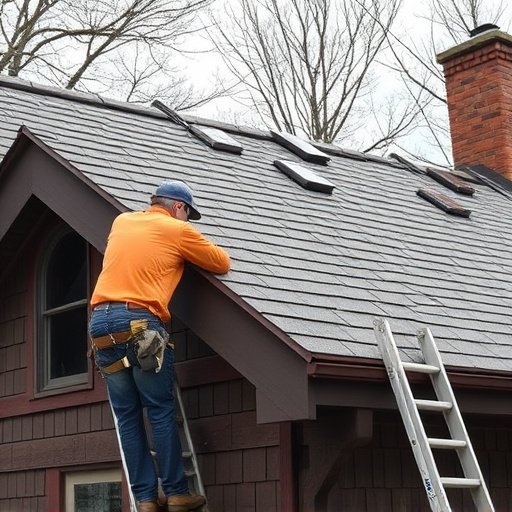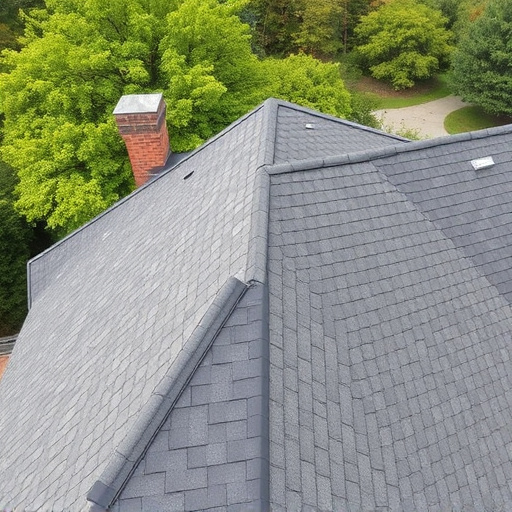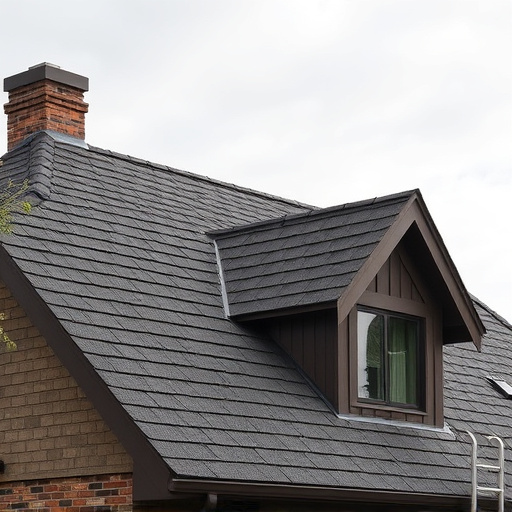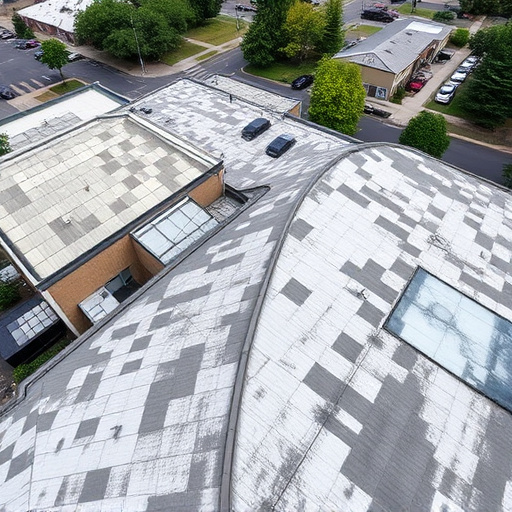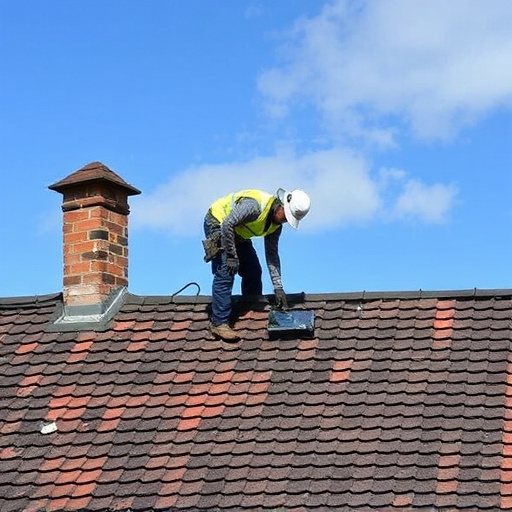Roof contractors are crucial for ensuring residential and commercial roofing projects meet local codes and standards. They navigate complex regulations, acquire permits, and maintain open communication with authorities. By staying updated on code changes, best practices, and client needs, roof contractors ensure structural integrity, safety, and satisfaction, avoiding penalties and delays.
A roof contractor plays a pivotal role in ensuring that your roofing project adheres to local regulations. This article delves into the intricate process these professionals manage, focusing on permit acquisition and compliance with construction codes. We explore the challenges faced while navigating diverse local regulations and offer solutions for smooth project execution. Discover best practices designed to safeguard against legal issues and ensure your new roof meets safety standards, highlighting the expertise of a qualified roof contractor.
- Understanding Building Permits: The Roof Contractor's Role
- Navigating Local Construction Codes: Challenges and Solutions
- Ensuring Compliance: Best Practices for Roofers
Understanding Building Permits: The Roof Contractor's Role

Building permits are crucial documents that roof contractors must navigate to ensure their work complies with local regulations and safety standards. These permits authorize construction or alteration projects, including roofing installations or repairs. A roof contractor’s role in this process involves understanding the specific permit requirements for residential roofing projects. They need to be well-versed in local building codes, zoning laws, and any special considerations for historical or unique structures.
By acquiring the necessary permits, a licensed roof contractor ensures their work is safe, structurally sound, and up to code. This includes adhering to regulations related to materials, methods, and safety precautions. Additionally, they must remain updated on building permit changes, ensuring compliance throughout the project’s duration. The process involves submitting detailed plans, specifications, and sometimes even cost estimates to local building departments for review and approval before any construction begins.
Navigating Local Construction Codes: Challenges and Solutions

Navigating local construction codes is a significant aspect of the roof contractor’s role. Every municipality has its own set of regulations and guidelines that must be strictly adhered to for any construction or renovation project. For roofers, understanding these codes is crucial as they vary widely from one area to another, even within the same country. This complexity presents several challenges.
One common issue is keeping up with code updates and revisions, which can happen frequently. Professional siding and roofing contractors must stay informed about these changes to ensure compliance. Additionally, obtaining necessary permits on time can be a hurdle due to bureaucratic processes. Storm damage repair, for instance, often requires immediate attention and special permissions, testing the contractor’s ability to navigate these procedures swiftly. Effective communication between the contractor, clients, and local authorities is key to overcoming these challenges, ensuring projects are completed smoothly and legally.
Ensuring Compliance: Best Practices for Roofers

Roof contractors play a crucial role in ensuring that all construction projects adhere to local building codes and regulations. To maintain compliance, best practices involve staying up-to-date with the latest code requirements and seeking professional guidance when needed. Regularly reviewing and understanding these guidelines is essential for any roofer to avoid costly delays or penalties.
One effective strategy is to foster open communication with local building departments. Contractors should proactively seek clarification on complex regulations, especially those related to structural integrity, safety standards, and material choices. Additionally, keeping detailed records of all permits, inspections, and code-related discussions can streamline future projects, ensuring a seamless experience for both the contractor and the client, whether it’s for residential roofing or commercial siding replacement.
When it comes to handling permit and code issues, a competent roof contractor is crucial in ensuring smooth project execution. By understanding building permits and local construction codes, these professionals navigate regulatory challenges with ease. Through best practices like staying updated on regulations, obtaining necessary permits, and adhering to safety standards, roof contractors guarantee compliance and deliver high-quality roofing solutions. Trusting a skilled roofer for your next project ensures peace of mind and a durable, code-compliant roof.








